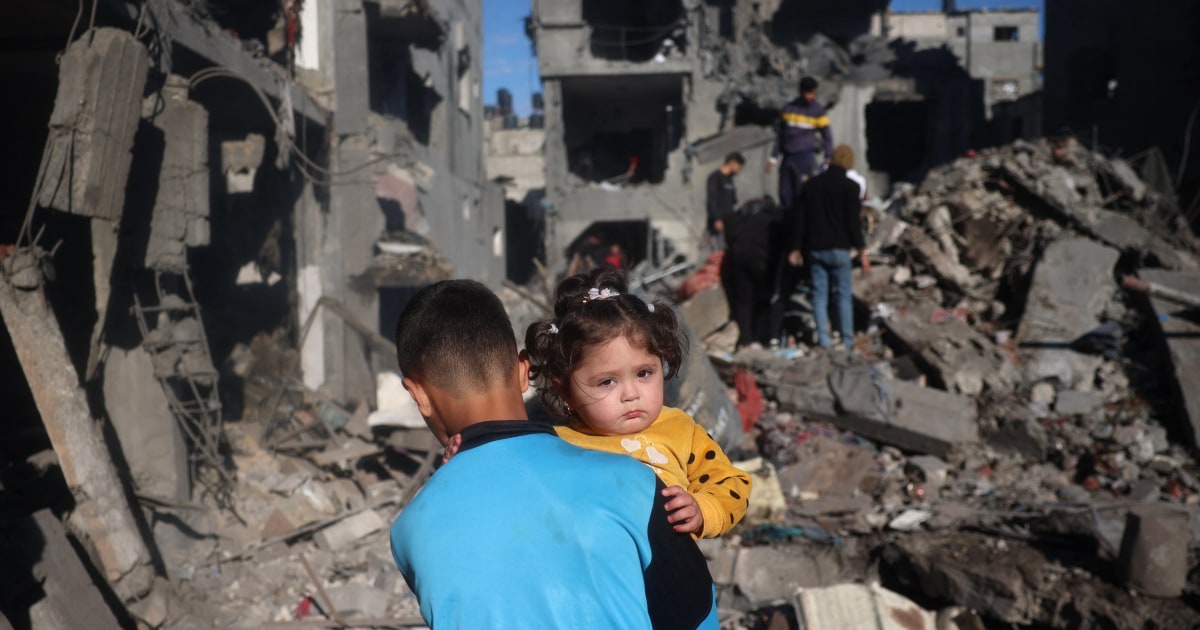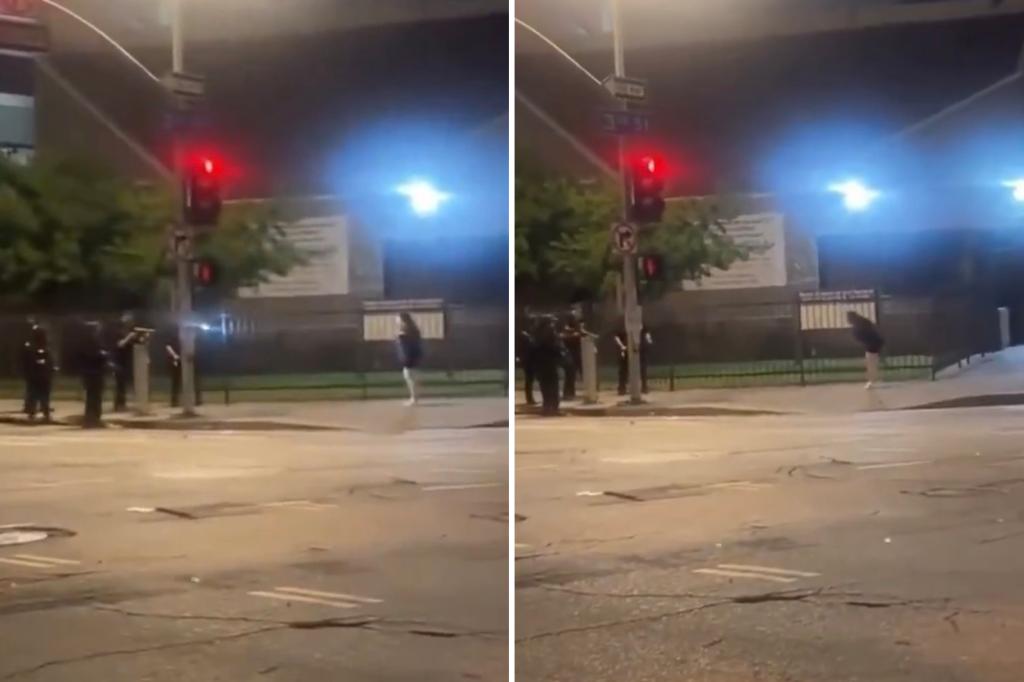Gaza’s Tragic Toll: Understanding the Human Cost of Conflict
As the conflict in Gaza intensifies, health officials report a staggering death toll surpassing 50,000 lives lost. This grim milestone raises urgent questions about the humanitarian crisis and the international community’s response. The ongoing violence has not only decimated the population but has also left deep scars on the social fabric of the region. This article aims to provide a comprehensive overview of the current situation, the humanitarian implications, and the potential paths forward for the beleaguered population of Gaza.
The Scale of the Tragedy
The figures emerging from Gaza are harrowing. According to health officials, the death toll has tragically crossed the 50,000 mark. Families are shattered, communities are devastated, and the psychological repercussions will likely haunt generations. Children, who make up a significant portion of the casualties, are particularly vulnerable, facing not only the loss of family members but also the trauma of living in a war zone.
- Displacement: Hundreds of thousands have been displaced from their homes, seeking refuge in overcrowded shelters where basic necessities like food, water, and sanitation are in short supply.
- Healthcare System Collapse: Hospitals and clinics have been overwhelmed, struggling to provide care amid continuous bombardments.
- Psychological Impact: The mental health crisis is escalating, with many suffering from PTSD, depression, and anxiety.
The Humanitarian Crisis: Immediate Needs
The humanitarian situation in Gaza is dire. Aid organizations report that the immediate needs of the population far exceed what is currently available. Essential services have collapsed, and the international community is faced with the urgent task of addressing these needs.
- Food Security: Many families are on the brink of starvation. The blockade has severely limited food supplies, leading to malnutrition, especially among children.
- Access to Clean Water: Water infrastructure has been severely damaged, leaving many without access to clean drinking water, which is crucial for survival.
- Medical Supplies: Hospitals are in desperate need of medical supplies and personnel. The influx of injured civilians has stretched resources thin, making it increasingly difficult to provide adequate care.
International Response: A Call to Action
The international response to the crisis has been mixed. While there have been calls for ceasefires and negotiations, concrete actions to alleviate the suffering have been slow. Many nations have expressed concern, but diplomatic efforts often falter amid political complexities. The following are critical areas where international intervention is essential:
- Humanitarian Aid: Increased humanitarian aid is crucial. This includes not only food and medical supplies but also psychological support for the affected population.
- Peace Negotiations: Long-term solutions must be sought through meaningful dialogue. Establishing a lasting peace will require commitment from all parties involved.
- Advocacy for Human Rights: The international community must advocate for the protection of civilians and hold accountable those responsible for violations of human rights.
Voices from the Ground: Personal Stories
To truly understand the impact of this conflict, it’s essential to hear from those who are living it. Personal stories from Gazans paint a vivid picture of resilience amid despair. Here are a few accounts that highlight the human toll:
“I lost my brother in the last bombings. He was just a child, and now my family is fractured. We live in fear every day, not knowing if we will see another sunrise,” shared a resident of Gaza City.
“We have no food, no water. My children cry for help, but all I can do is hold them tight and pray,” said a mother sheltering in a makeshift camp.
These testimonials underscore the urgent need for action and compassion from the global community.
Looking Ahead: Steps Toward Recovery
Despite the overwhelming challenges, there are pathways to recovery and hope. The following measures could play a pivotal role in rebuilding Gaza:
- Infrastructure Rehabilitation: Post-conflict reconstruction efforts must prioritize rebuilding essential infrastructure, including hospitals, schools, and housing.
- Education Initiatives: Providing educational opportunities for children will be critical in helping them regain a sense of normalcy and hope for the future.
- Community Engagement: Local communities must be involved in the recovery process. Empowering Gazans to participate in rebuilding efforts can foster resilience and unity.
The Role of Global Citizens
While the situation may seem distant to many, global citizens have a role to play in advocating for change. Through awareness, fundraising, and support for humanitarian organizations, individuals can contribute to alleviating the suffering of those in Gaza. Here are some ways to help:
- Educate Yourself and Others: Stay informed about the situation and share accurate information with your community.
- Support Humanitarian Organizations: Donate to reputable organizations that are providing aid in Gaza.
- Advocate for Policy Change: Contact local representatives to advocate for policies that support humanitarian aid and peace initiatives.
Conclusion: A Hope for Peace
The toll of the ongoing conflict in Gaza is heart-wrenching, with over 50,000 lives lost and countless others forever altered by trauma and loss. However, amidst this tragedy, there remains a flicker of hope. The resilience of the Gazan people, combined with a concerted effort from the international community, can pave the way for a brighter future. By addressing immediate needs, fostering dialogue, and committing to long-term recovery, we can help heal the wounds of war and build a foundation for lasting peace.
See more CNET 247



